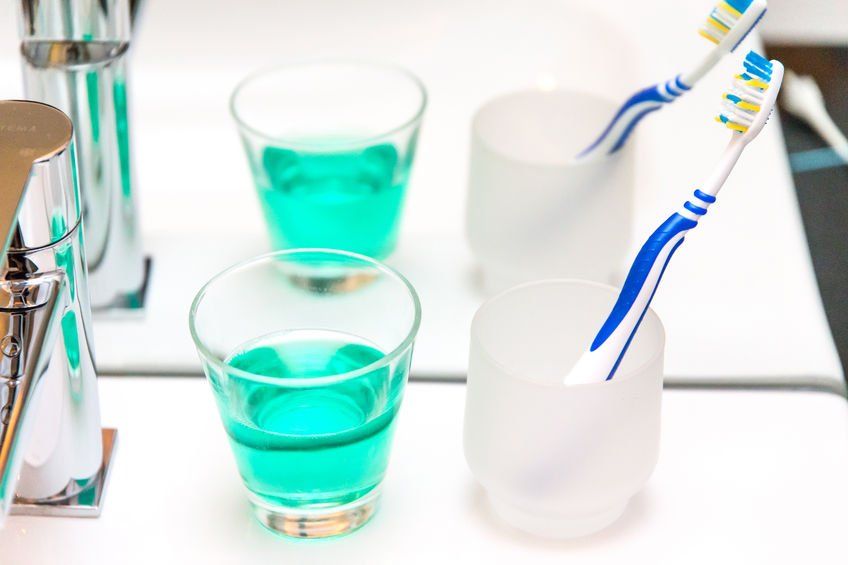Should You Use Mouthwash Before or After Brushing?

While many people take it for granted that mouthwash should be used after brushing, numerous experts including those at a Colorado sedation dentist office disagree whether the best way is to brush or to use the mouthwash first. Many dentists claim that toothpastes contain important active ingredients that should not be washed away at the end of the cleaning process.
They also say that using a mouthwash before brushing actually improves the efficiency of the brushing process by lifting the plaque that has accumulated on the surface of the teeth since the last brushing, thus making the job of the toothbrush easier and more efficient. Other experts argue that rinsing with the mouthwash should be the last phase in the dental cleaning process, the phase that makes the cleaning complete after most of the dental detritus has been removed during the brushing phase.
If you are in doubt whether to use your mouthwash before or after brushing, read the instructions on your toothpaste as well as on your mouthwash for help. In case you don’t find any information, use the following routine:
-Floss your teeth first;
-Rinse with water;
-Rinse with mouthwash for about a minute;
-Brush with your toothpaste, then spit out the paste without rinsing.











